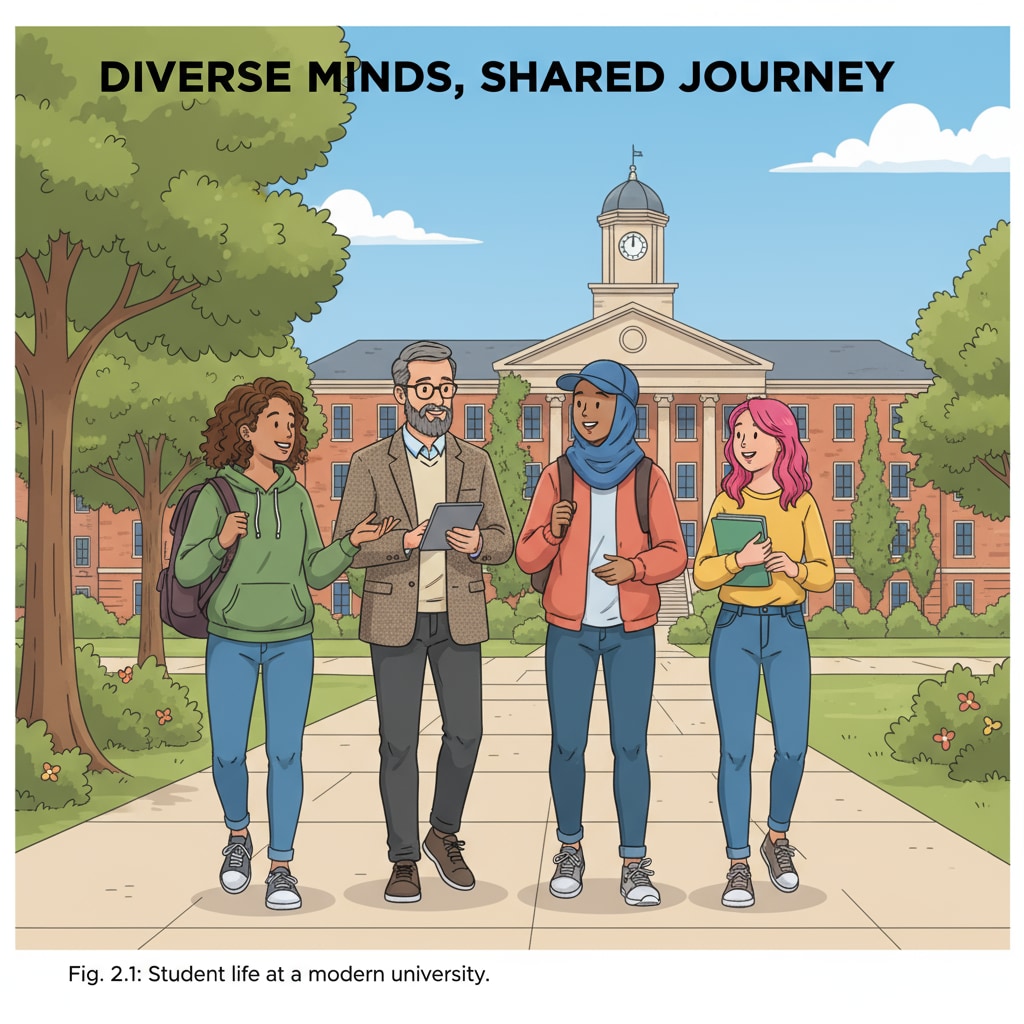Embarking on a university journey at a later age brings with it a unique set of experiences that require careful psychological adjustment. For those who start university later, such as graduating at 24, the path may seem different from the norm, but it is also filled with opportunities for growth and self-discovery.

This article aims to delve into the psychological aspects of late enrollment in university and provide valuable insights and strategies.
The Challenges of Late University Enrollment
One of the primary challenges faced by late starters in university is the age difference. Being older than the majority of your peers can sometimes lead to feelings of isolation. You may find it harder to connect on a social level as your life experiences and priorities might differ. For example, while your younger classmates may be focused on campus parties and immediate social activities, you might be more concerned with career planning or family responsibilities. American Psychological Association’s insights on college transition

The Unique Advantages of Non-traditional Students
However, late enrollment also comes with significant advantages. Non-traditional students often have more life experience, which can be a great asset in the academic environment. This experience brings a different perspective to discussions and projects. You may be more mature in handling stress and setbacks, having faced various challenges in life already. For instance, you might be better at managing your time effectively due to past work or family commitments. National Center for Education Statistics’ data on non-traditional students
Psychological adjustment is crucial for late university entrants. One key strategy is to focus on your goals. Remind yourself of why you decided to pursue a university education at this stage. Whether it’s for career advancement, personal growth, or a new passion, having a clear vision will keep you motivated. Additionally, don’t be afraid to step out of your comfort zone and engage with your peers. Join clubs or study groups to build relationships and expand your social circle.
In conclusion, starting university at a later age is a journey that comes with its own set of challenges and rewards. By recognizing the challenges, leveraging your unique advantages, and implementing effective psychological adjustment strategies, you can make the most of your university experience. Redefine your success timeline and embrace this individual educational journey with confidence.
Readability guidance: The article uses short paragraphs to present key points clearly. Each H2 section provides a list of important aspects. The passive语态 is kept to a minimum, and transition words like “however” and “for example” are used throughout to enhance readability.


